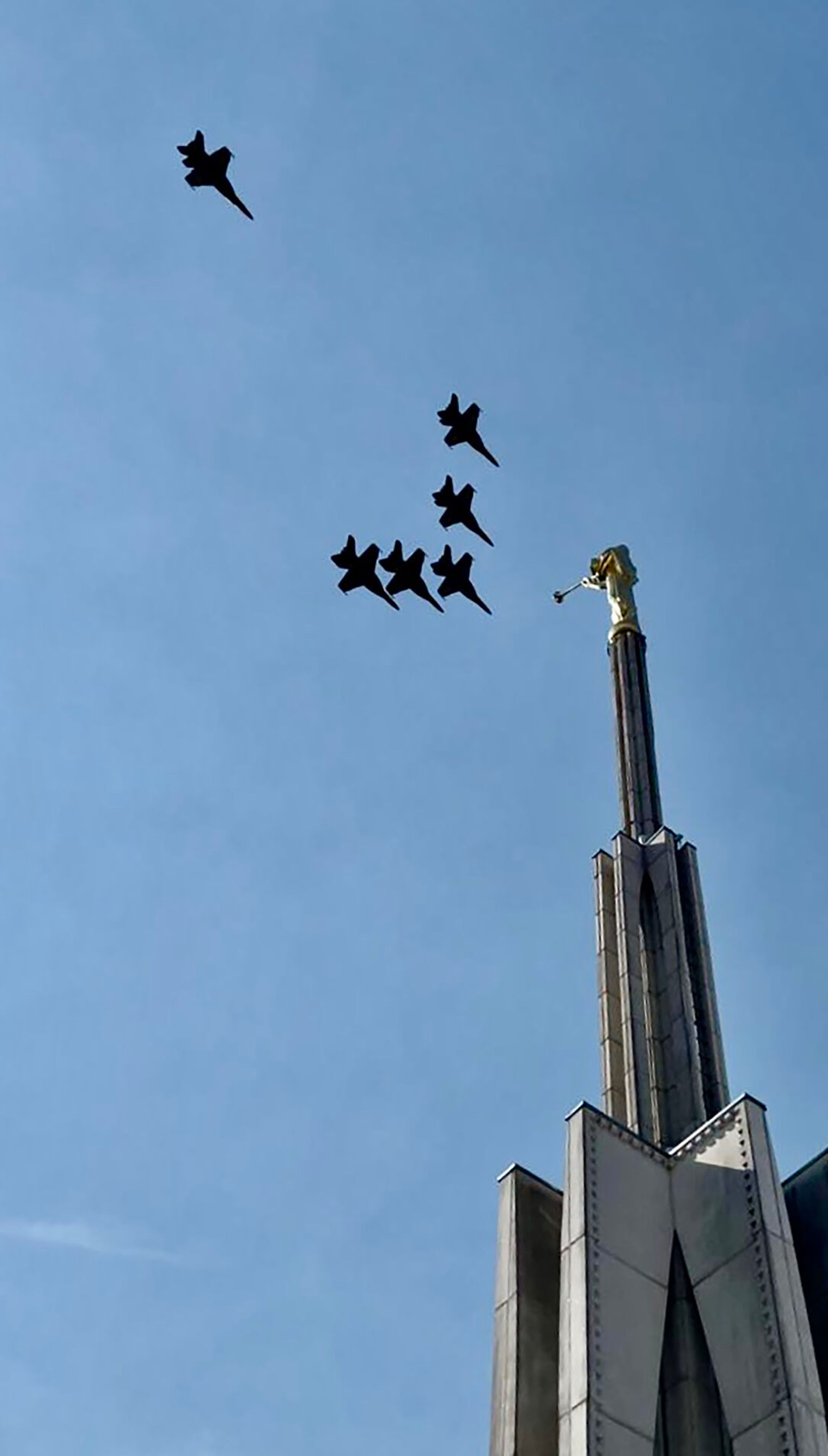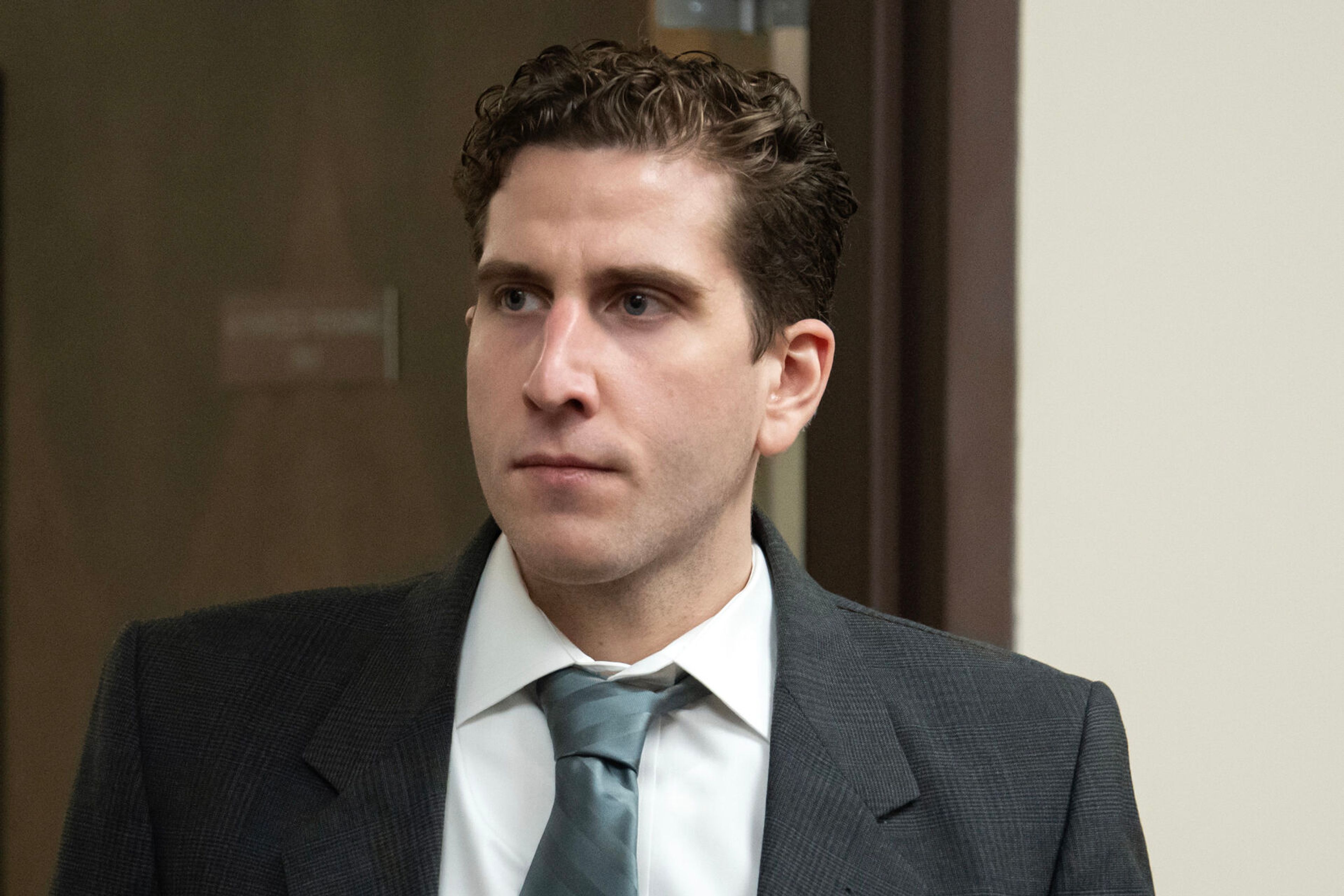The University of Idaho issued a second Vandal Alert this morning regarding the suspension of journalism professor Denise Bennett.
The message comes a day after the issuance of a similar alert alleging Bennett had admitted to using methamphetamine and that she had access to firearms. The initial alert was referencing a Nov. 4 police report detailing a domestic dispute involving Bennett in which she allegedly told police officers she had used meth the day before. The firearms mentioned in the report were being loaded into a car.
Bennett, a tenured mass media professor who has worked at the university since 2006, was placed on administrative leave effective the evening of Jan. 24 after she sent an email to university administrators about what she said was the university’s poor handling of grant funding and lack of maintenance at the Radio-TV Center on the Moscow campus. OnTuesdayshe hosted an expletive-laden Facebook livestream in which she criticized UI administration and read aloud from a letter detailing the reasons she was placed on paid leave.
The new alert contained a link to a letter addressed to UI faculty, staff and students, signed by Provost John Wiencek and President Chuck Staben, explaining the conditions surrounding Bennett’s suspension and the reasoning behind the wording of the first alert.
“The university’s alert contained specific information about Ms. Bennett which may have seemed an unusual level of detail for such a communication,” the letter reads. “Ms. Bennett’s public conduct in recent days and information we received from law enforcement raised concerns about the safety of our campus community.”
The message goes on to say that university officials were concerned regarding “uncertainty around Ms. Bennett’s whereabouts or whether she would attend the protest.” Moscow Police Department activity logs show Bennett was served with a notice that she had been trespassed from campus at 11:17 a.m. Wednesday, a little more than 30 minutes after the alert. School officials and law enforcement told the Daily News on Wednesdaythat they do not consider her to be violent or dangerous.
“We would rather err on the side of caution - we are concerned and we would rather everyone know that there is a risk,” UI Director of Communications Jodi Walker said.
When asked if Bennett posed a danger to campus, Capt. Tyson Berrett, who heads the campus division of the MPD, answered with a simple “no.”
In the letter, the provost and president also say when situations pertaining to campus safety arise, the university assembles a team of in-house experts to review available information and develop a plan of action - including whether to send a Vandal Alert.
However, the UI has faced criticism in the past for its slow response to other critical or dangerous situations.
In 2011, UI student Katherine Benoit was shot 11 times on her front porch, just a few blocks from campus, by UI professor Ernesto Bustamante. The attack took place at 8:40 p.m. and Bustamante was found dead in a hotel room the following morning at 1:10 a.m. UI sent out alerts at 7 a.m. - nearly 10 hours after shots were heard. Following the attack, the UI said it would work to improve its emergency alert system.
Roughly four-and-a-half years later, Moscow Resident John Lee murdered his adoptive mother, his landlord and a manager at Arby’s. While nearby Washington State University issued alerts minutes after learning Lee was headed toward the Washington border, UI did not issue an alert for about eight hours. Instead, links to a news story were posted on UI Facebook and Twitter accounts about a half hour after WSU sent out alerts.
Finally, in April 2017, when experimental rocket fuel exploded in a UI parking lot, injuring four students in a blast that could be heard throughout the city, UI took nearly an hour to issue a Vandal Alert.
Scott Jackson can be reached at (208) 883-4636, or by email to sjackson@dnews.com.








